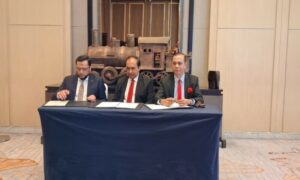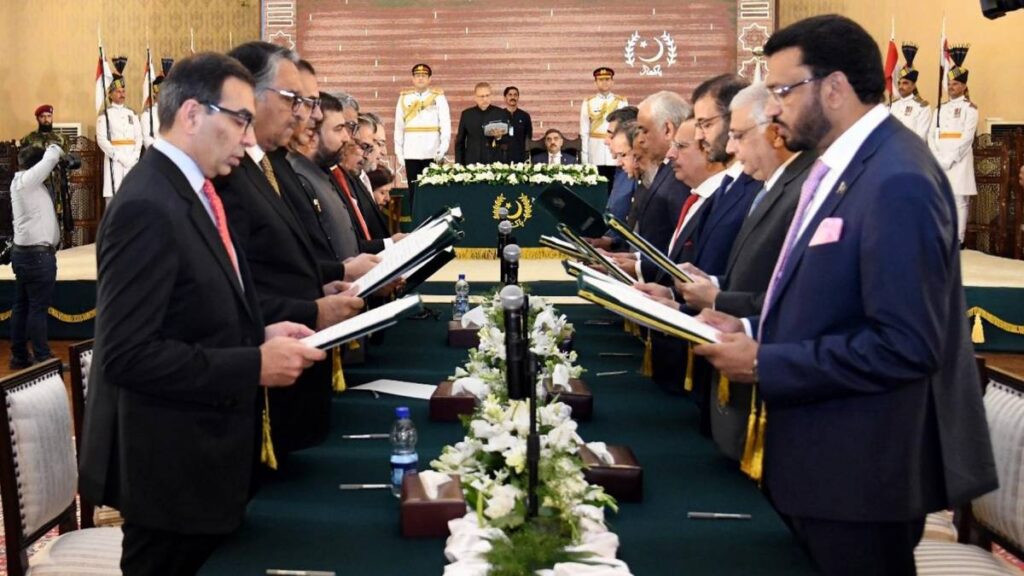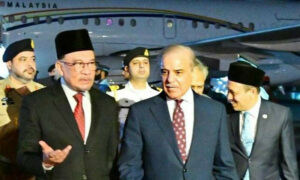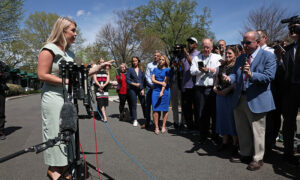As Pakistan finds itself at a crossroads amid economic and political turmoil, the nation witnessed a significant moment in its political landscape with the swearing-in of the caretaker government. Under the leadership of Prime Minister Anwaarul Haq Kakar, an 18-member cabinet took the oath of office, marking the beginning of a crucial phase in Pakistan’s journey towards the upcoming general elections. This caretaker government assumes the formidable responsibility of guiding the country through these challenging times, ensuring a smooth and transparent transition of power. Administered by President Arif Alvi at Aiwan-e-Sadr, the presidential house, this oath-taking ceremony signifies a pivotal moment in Pakistan’s political landscape. With 16 federal ministers and 3 advisers forming the cabinet, all eyes are now on the caretaker government as it endeavors to steer Pakistan towards stability and democratic renewal.
In a significant development, Pakistan’s caretaker government, led by Prime Minister Anwaarul Haq Kakar, has sworn in a diverse and capable cabinet to address the pressing challenges facing the nation. The newly appointed ministers bring a wealth of experience and expertise to their respective roles. Notable appointments include former foreign secretary Jalil Abbas Jilani as Foreign Minister, Sarfaraz Bugti as Interior Minister, and renowned economist Shamshad Akhtar as Finance Minister. The inclusion of Lt Gen (retired) Anwar Ali Haider as Defence Minister and senior journalist Murtaza Solangi as Information Minister underscores the government’s commitment to ensuring a balanced and effective administration during this critical period.
The cabinet further encompasses a broad spectrum of talent and knowledge, with Khalil George serving as Minister for Minorities, industrialist Gohar Ijaz as Minister for Industries, and academic Dr. Umar Saif as Minister for Information Technology. Other notable appointments include Ahmad Irfan Aslam as Law Minister, celebrated actor Jamal Shah as Minister for Culture, and Aniq Ahmad as Religious Affairs Minister. Remarkably, Shamshad Akhtar stands out as the sole woman in the cabinet, highlighting the importance of gender diversity in Pakistan’s political landscape.
This oath-taking ceremony, attended by Prime Minister Kakar, Punjab interim Chief Minister Mohsin Naqvi, and other dignitaries, marks a significant milestone in Pakistan’s transition towards the upcoming general elections. With Pakistan grappling with a severe economic crisis, the caretaker government’s formation is a critical step in ensuring a fair and transparent electoral process as mandated by the Constitution. The dissolution of the National Assembly on August 9 initiated this process, concluding the tenure of the previous government led by Shehbaz Sharif.
In the midst of these political changes, Pakistan faces a daunting economic challenge. To address this crisis, the Pakistan government and the International Monetary Fund (IMF) reached a crucial staff-level agreement on June 29, injecting USD 3 billion through a Standby Arrangement (SBA) to stabilize the economy. The successful formation of the caretaker government is expected to pave the way for the forthcoming general elections, which are anticipated to be held within 90 days.
Notably, the inclusion of Mushaal, wife of jailed Jammu and Kashmir separatist leader Yasin Malik, as a “special assistant” to Prime Minister Kakar for human rights, adds a unique dimension to the caretaker government. Her appointment underscores the government’s commitment to addressing human rights concerns and promoting dialogue on regional issues.











